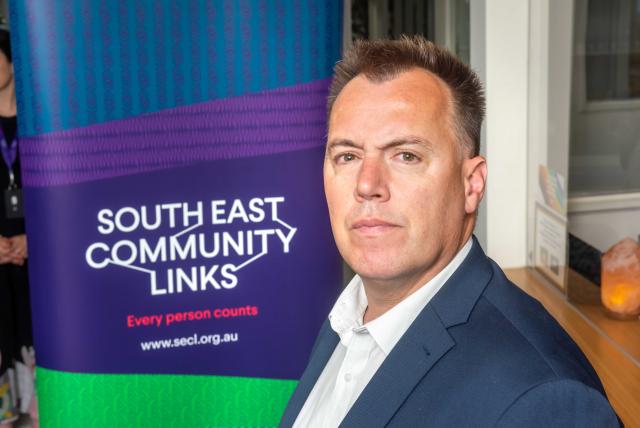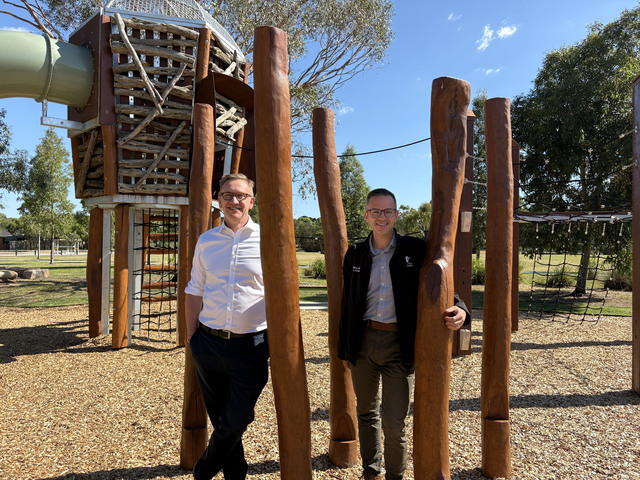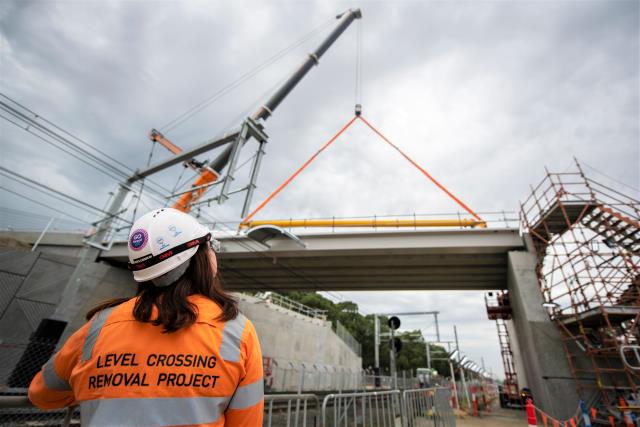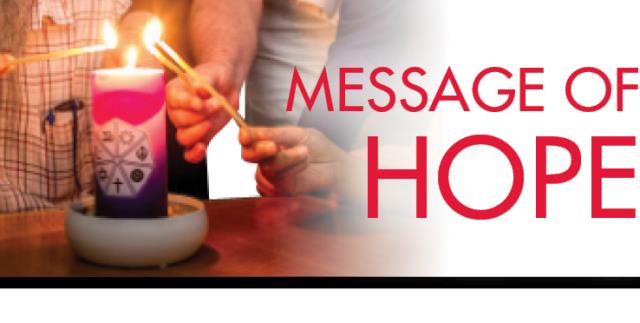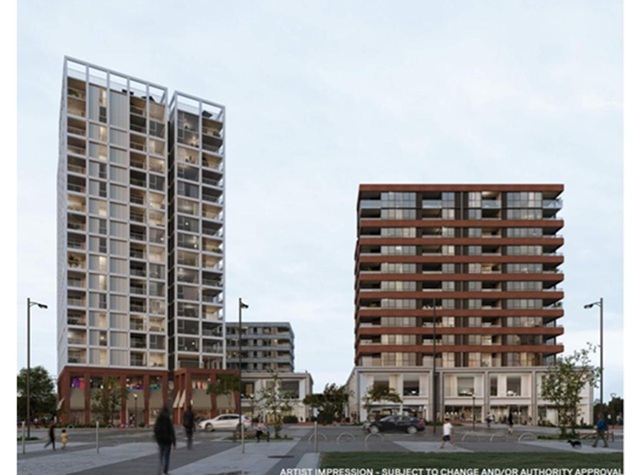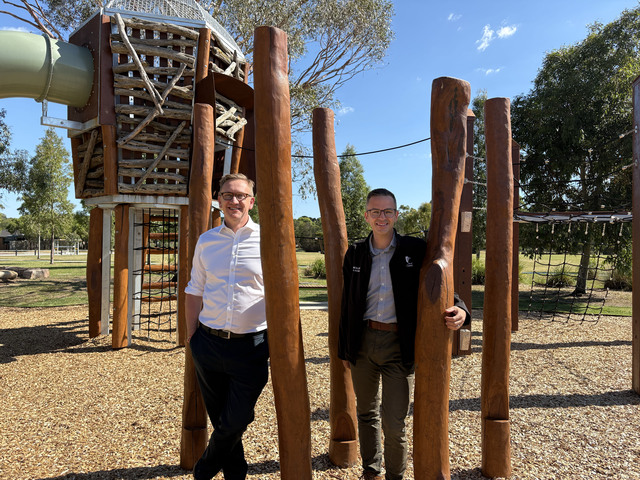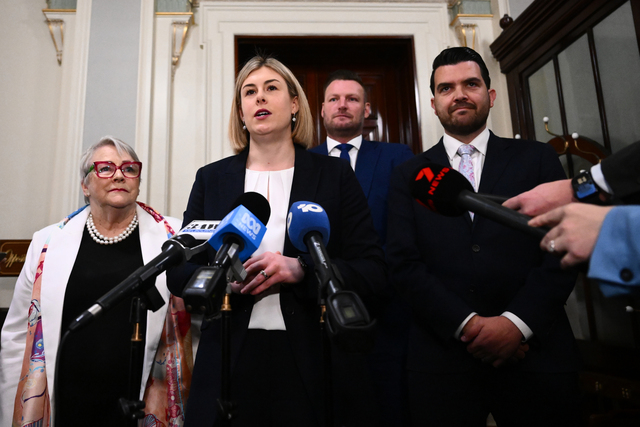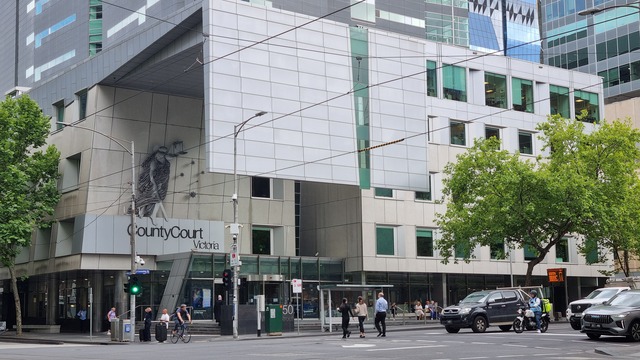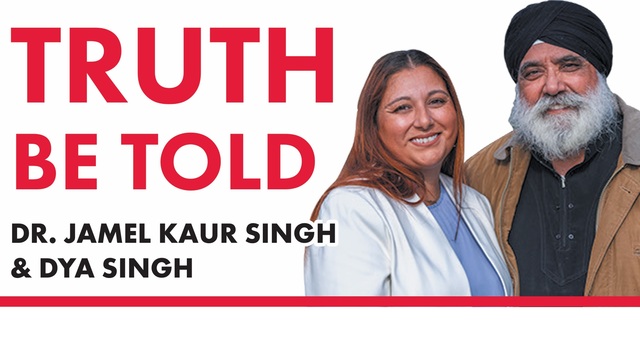Ahead of the Federal Budget, South-East emergency relief services are joining the call for the Government to ditch stage-3 tax cuts in favour of more support for the most vulnerable.
The Government’s own Economic Inclusion Advisory Committee (EIAC) recommended a “substantial” rise in the “seriously inadequate” Jobseeker payments as a high priority for the budget.
The committee also called for an increase in Commonwealth Rent Assistance and to reform its “indexation to better reflect rent paid”.
Bakhtar Community Organisation CEO Bassir Qadiri said the current JobSeeker and Youth Allowance rates are below the poverty line.
“As a community organisation we work with individuals and families experiencing financial hardship and we see first-hand the challenges they face in meeting their basic needs.
“Therefore, we believe that increasing the payments would provide much-needed relief for those struggling.”
Bakhtar Community Organisation (BCO) provides range of volunteering services to new arrivals in the country from Afghanistan and Ukraine.
From donating clothes, household items, laptops to interpretation and legal services, BCO is at the forefront to help the community.
Mr Qadiri said the organisation would support any changes that would support single parent families.
However, the government should focus on more pressing issues such as the mental health and affordable housing rather than the multi-billion-dollar Stage 3 tax cuts, Mr Qadiri said.
South East Community Links chief executive Peter McNamara said the stage 3 tax cuts offer no help for those battling to keep afloat.
“It’s very clear that Stage 3 tax cuts will only benefit people on high incomes (mostly men). “People earning less than $45,000 will receive nothing.
“They should be scrapped, and the money saved can be put towards targeted support for our most vulnerable community members.”
Demand for emergency relief at SECL has doubled in the past year but funding has decreased by 10 per cent.
“We’re doing everything we can to ensure that we don’t turn people away – but the funding situation is becoming untenable.”
Mr McNamara said more had to be done on the “fundamental problem of not enough affordable housing”.
A backlash of report by Homelessness Australia found students on Youth allowance are surviving on as low as $13 a day after paying rent while a research survey on 365 people on Jobseeker by ACOSS revealed shocking numbers.
ACOSS has recommended a range of measures for the May Budget which includes increasing income support payments to at least $76 a day including JobSeeker, Youth Allowance, Austudy, Abstudy, Special Benefit and Parenting Payment.
Mr McNamara supported the ACOSS campaign for rise in JobSeeker, Youth Allowance and Rent Assistance payments to rise.
“The dire level of JobSeeker and Youth Allowance is acting as a barrier to employment.
“It’s difficult for people to focus on finding a job when they are struggling to meet their basic needs.
“People are sleeping on couches, in cars, and are on the edge of homelessness because they cannot afford rent.”
He said people reporting housing costs as the reason for seeking material aid at SECL has increased by 165 per cent in the past year.
“One client told us he had to make the choice between ‘food to eat or being barefooted’.
“He desperately needed new shoes but after paying rent he was left with just $8 per day for essentials like food, transport and clothes.”
With rents rising off the back of soaring interest rates, Rent Assistance needed to be “doubled” to help people access affordable housing, Mr McNamara said.
He also called for an extension of the single-parent payment to families with children up to 16 years old. Currently it’s paid for children up to 8 years old.
“This would enable single parents to provide for their children, access affordable childcare and education, and increase their employment opportunities.
“One of our clients is a single mother with seven children who have been on the public housing waiting list for eight months.
“They are currently living in a local motel, which is not a sustainable solution.
“It is clear that more needs to be done to support these families and address the issue of poverty and homelessness in Australia.”
Emergency relief funding should also rise to “stretched-thin” services, Mr McNamara says.
Australian Council of Social Service (ACOSS) reports that 68 per cent of the 365 Jobseekers surveyed are eating less or skipping meals while 81 per cent are cutting back on meat, fresh fruit, vegetable and other fresh items.
Almost all of the participants said the inability to cover the cost of living harmed their mental health with 68 per cent have difficulty getting medications or medical care due to the increase in costs.
ACOSS CEO Cassandra Goldie said income support levels are woefully inadequate and must be raised.
“In the past 12 months the costs of food, rent and energy have all surged by double digits.
“This has meant that people on JobSeeker and related payments cannot afford to eat enough, cannot get essential medication or healthcare, and often go into debt to pay their energy bills.
“No one should have to choose between food and medicine, but these are exactly the choices being forced on people in Australia, one of the world’s wealthiest nations.
“The only way to address this problem is to deliver a real increase to JobSeeker and related payments so that they are lifted to at least the same level as the pension.”
ACOSS also recommended doubling Commonwealth Rent Assistance, establish disability and illness supplement of at least $55 a week to recognise the additional costs that people with disability and chronic illness face and establish a single parent supplement.
Treasurer Jim Chalmers and Social Services Minister Amanda Rishworth formed the EIAC, which is comprised of social security and economics experts, unions, business groups, philanthropy and others.
In a joint media release in response to the EIAC report, Mr Chalmers and Ms Rishworth said, “While we can’t fund every good idea, there will be measures in the May Budget to address disadvantage.
“This will include energy bill price relief that prioritises those on payments and pensions.
“Some of the Committee’s 37 recommendations will be considered as part of other government processes that are currently underway, such as the development of the Employment White Paper, the Measuring What Matters Statement and the Early Years Strategy.”

